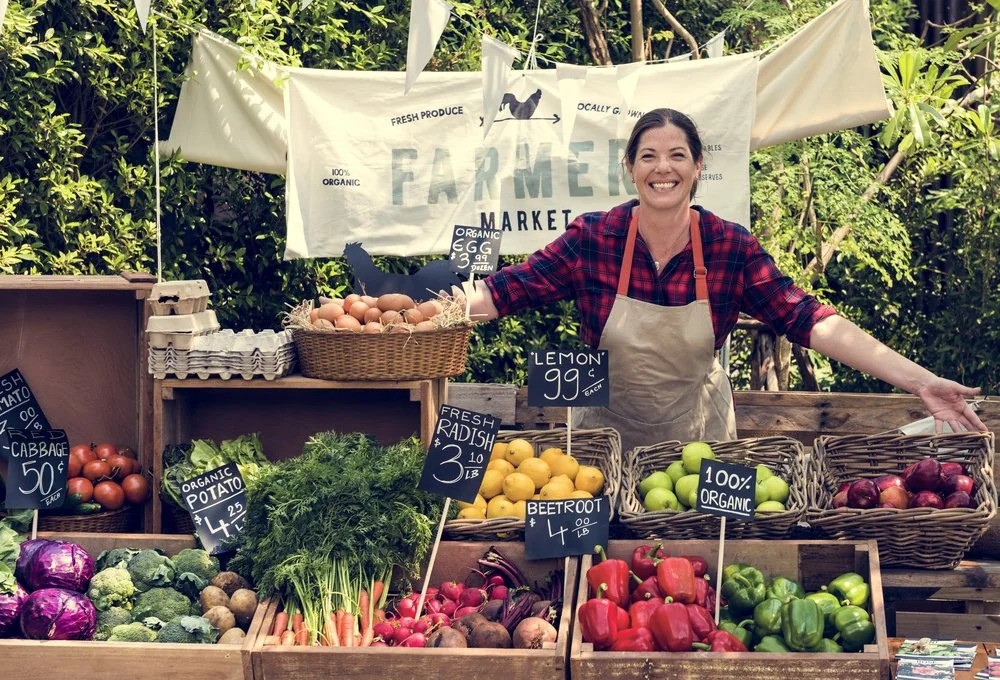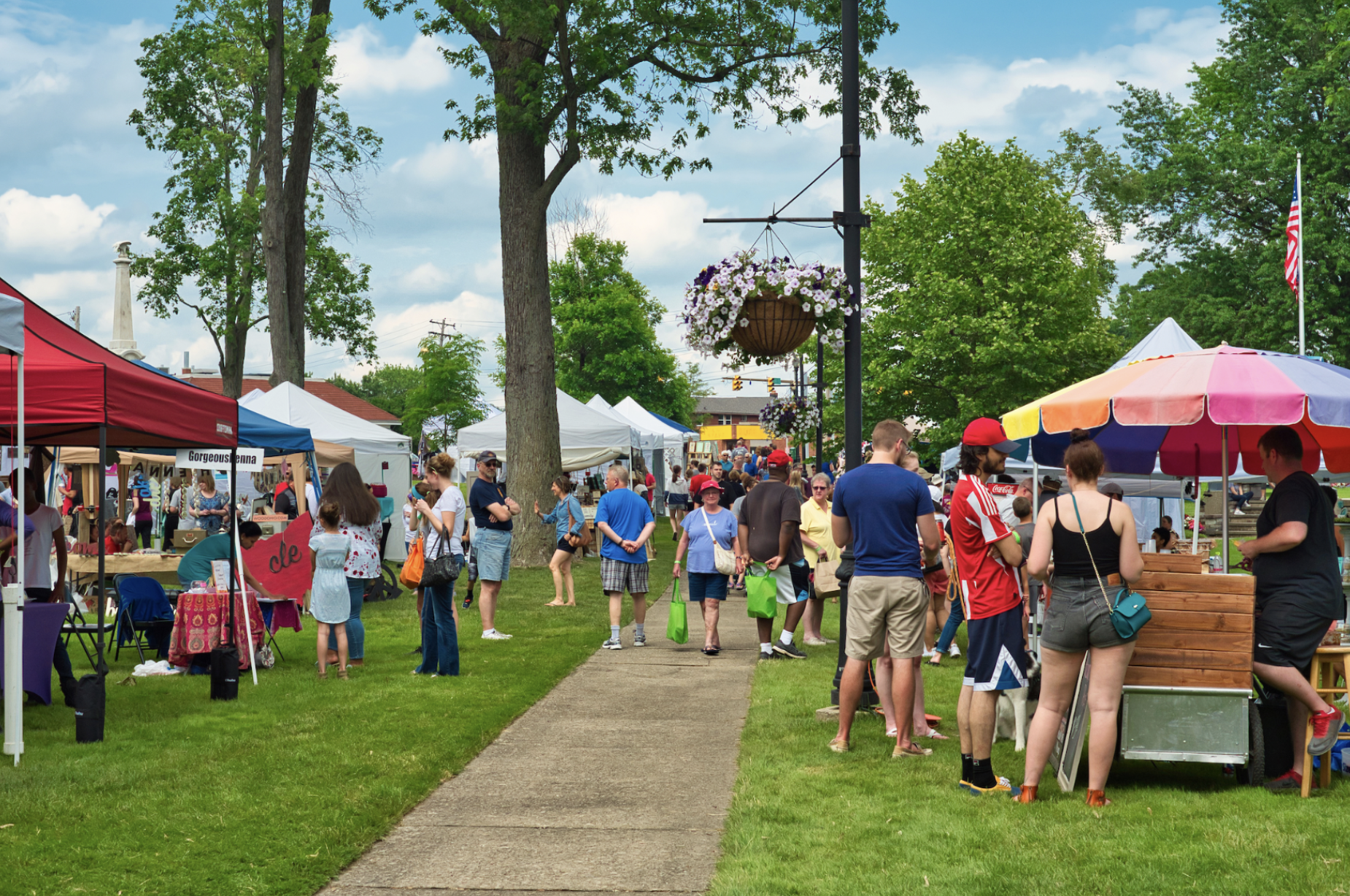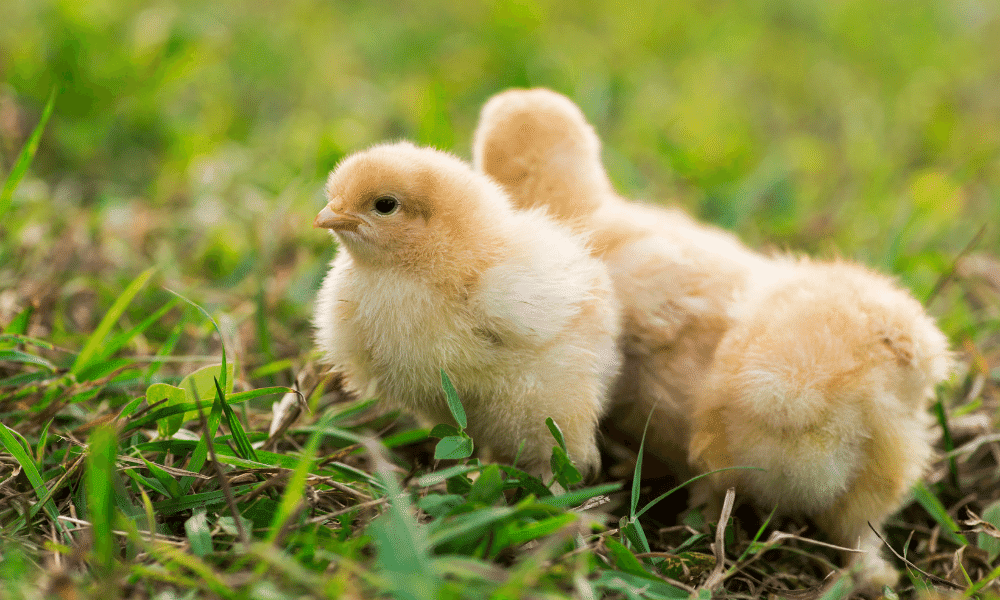6 Common Plants Dangerous for Chickens
One thing every chicken keeper must know: what not to feed your chickens for their own safety. Chickens are excellent foragers, so it is critical to know what foods and plants to keep away from them.
Common food and garden plants that you should NOT feed your chickens
Avocado skin and pits
The avocado skin and pit contain a toxin called persin. Persin is a deadly chemical that can lead to respiratory issues and death within a few days of consumption.
Tomato plant parts (aside from the tomato itself)
Tomato plant greenery (stems, leaves, and flowers) contains the toxic chemical solanine. The tomato is highly nutritious for the bird, but be sure they aren’t fed any other part of the plant.
Potatoes — green, white, yellow, and red
Like tomato plants, potatoes contain solanine. Green potatoes contain the highest amount of solanine, but all should be avoided. Sweet potatoes are the exception — sweet potatoes aren’t actually related to potatoes at all, and are completely safe to feed.
Raw green beans (and other raw beans)
Raw green beans and other raw beans contain lectin which is a toxin. When cooked fully, the lectin is neutralized. If a chicken is fed raw beans it can experience nausea, bloating, diarrhea, vomiting, and death.
Apple seeds, stems, and leaves
The seeds, stems, and leaves of apples contain the toxic chemical amygdalin. When apple seeds are crushed (this happens during digestion) they become even more toxic, releasing hydrogen cyanide. The flesh and skin of the apple are safe and nutritious, but beware of the other parts! Never toss out a whole apple for your chicken to eat.
Hydrangea
While hydrangeas look beautiful in a garden, they contain a dangerous chemical called hydrangin. When ingested, hydrangin turns into cyanide, so chickens that consume this plant are at risk of cyanide poisoning. If you have a hydrangea in your garden, ensure your chickens can not get to it!
Additional foods to avoid:
Eggplant leaves and stems
Pepper plants leaves and stems
Any dried beans
Any moldy food
Morning glories
Rhubarb
Anything salty
Anything processed
Raw meat
Dairy products (buttermilk and plain unsweetened yogurt in moderation)
Bread and processed carbs like tortillas, toast, crackers, etc. (high sugar content which can lead to Sour Crop)
Chocolate
Pits, like cherry, or peach pits
Bloodroot
Bull Nettle
Bracken
Bryony
Carelessweed
Castor Bean
Cocklebur
Curly Dock
Delphinium
Fern
Foxglove
Ground Ivy
Hemlock
Horse Chestnut
Horseradish
Hyacinth
Ivy
Laburnum (seed)
Lantana
Lily of the Valley
Nightshade (Also called Deadly Nightshade)
Rhododendron
St. John's Wort
Tulip
Water Hemlock
Yew
Marketplace
You might also be interested in...

Shop for chickens, livestock or other farm goods

About Farm Expo Events

Sell Your Chicks and Eggs
Some of the foods on this list are not deadly in small amounts, but should still be avoided. Even if a toxic food or plant is not deadly, it can still cause damage if ingested. Although chickens are generally regarded as hardy animals, they can be dangerously affected by toxins in their feed and environment and should be protected.
Is your chicken acting strangely after eating something? If you think your chicken has consumed a toxic substance you should contact a veterinarian immediately. This is not necessarily a full, comprehensive list of all foods that chickens should not eat. Caution should always be exercised when feeding your flock, especially with new foods or foods you are unsure of.
You might also be interested in…













Discover farmers markets near you with Roobeez! Explore local events, find seasonal and weekly markets, and shop fresh produce and handmade goods on our marketplace. Contribute to our growing directory by adding your favorite markets and community events. Supporting local has never been easier!